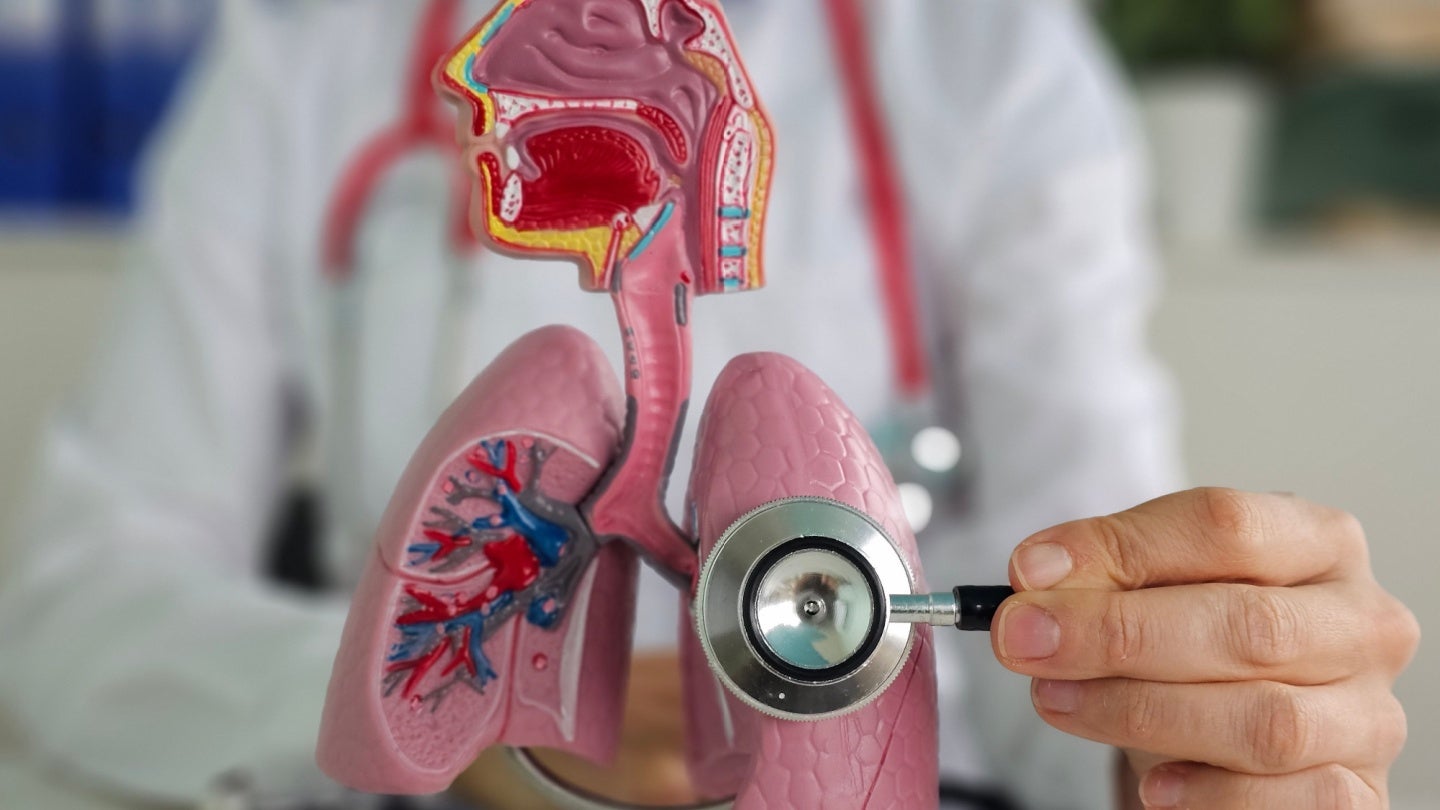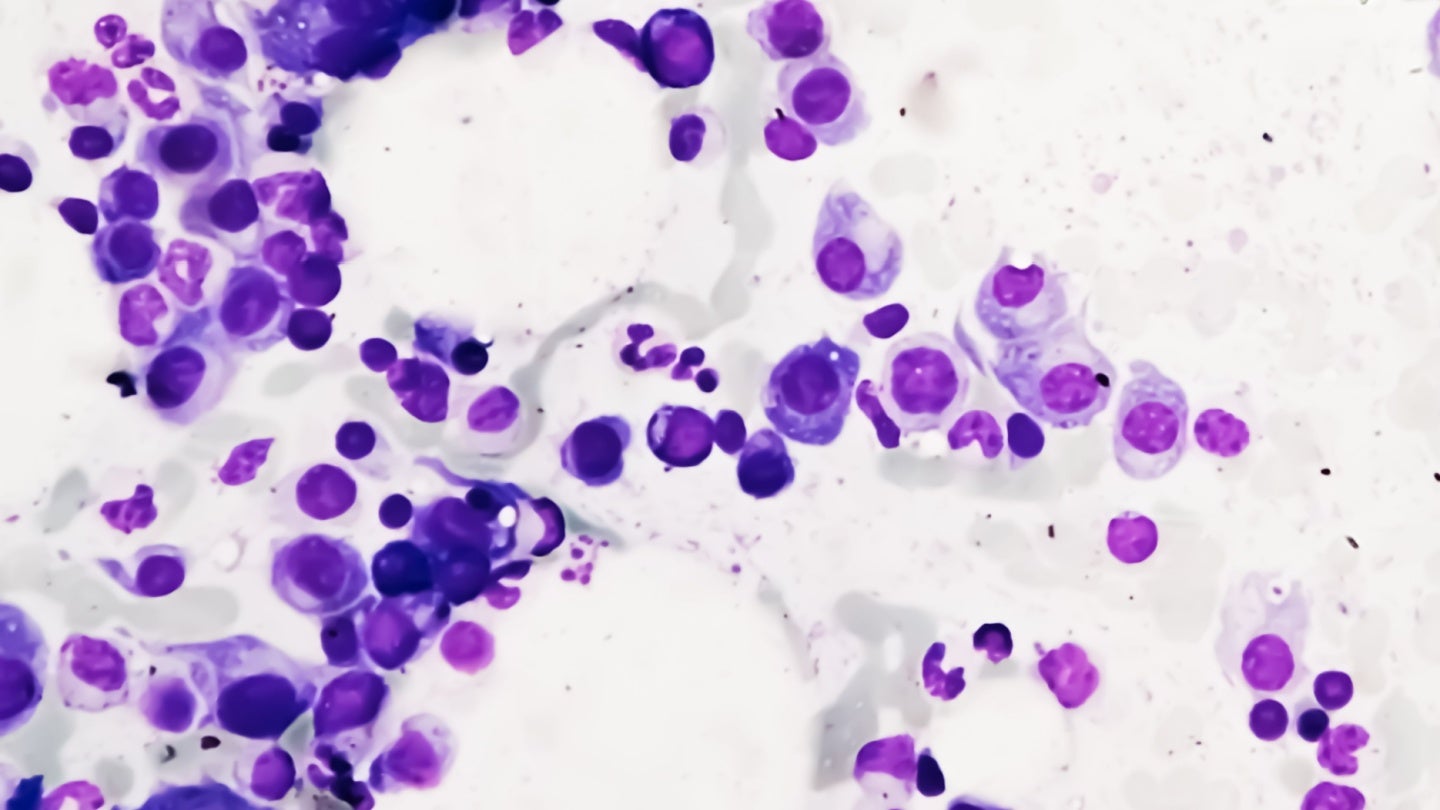AI-Powered Predictions: Researchers Analyze CT Scans to Assess Cardiovascular Risk
Researchers at Case Western Reserve University, in collaboration with University Hospitals and Houston Methodist, are embarking on a groundbreaking project utilizing artificial intelligence (AI) to transform the landscape of cardiovascular disease risk prediction. This collaborative effort aims to create an AI model capable of interpreting complex data extracted from patient scans, thus enabling healthcare professionals […]


Researchers at Case Western Reserve University, in collaboration with University Hospitals and Houston Methodist, are embarking on a groundbreaking project utilizing artificial intelligence (AI) to transform the landscape of cardiovascular disease risk prediction. This collaborative effort aims to create an AI model capable of interpreting complex data extracted from patient scans, thus enabling healthcare professionals to more accurately foretell potential cardiovascular events, including heart failure. The initiative addresses a critical need in healthcare, where cardiovascular diseases remain the leading cause of mortality globally.
The significance of this research cannot be understated, as it seeks to bridge the persistent gap in identifying individuals who are at high risk of cardiovascular diseases. This gap has been a long-standing challenge in the healthcare community. Previous methods have often fallen short in delivering precise risk assessments for patients. By developing advanced AI tools to analyze calcium-scoring computed tomography (CT) scans, this research proposes a novel solution. These scans are commonly used diagnostic tools that provide vital information regarding the accumulation of plaque in arteries, alongside data concerning the aorta, heart morphologies, lung conditions, and other critical bodily structures.
The National Institutes of Health has recognized the potential impact of this research by awarding two substantial grants, amounting to $4 million in total, to support this innovative initiative. This financial backing illustrates the faith in the transformative potential of AI applications in medicine. Lead investigators, Shuo Li, a professor of biomedical engineering and computer and data sciences at Case Western Reserve, and Sadeer Al-Kindi, an imaging cardiologist at Houston Methodist, emphasize that this project represents a significant advancement in personalized healthcare strategies.
AI’s integration in predicting cardiovascular disease risk reflects a paradigm shift towards precision medicine, where treatments and preventive measures are tailored to individual patient profiles. This research aims to extract deeper insights by combining data from CT scans, clinical risk factors, and demographic information. By doing so, healthcare professionals could deliver more nuanced assessments of cardiovascular risk, fostering timely and informed clinical decisions.
As the research team delves deeper into the interdependencies between heart health and overall body composition, the findings could redefine existing medical protocols. The ability to accurately predict cardiovascular risks is envisioned to enhance preventative treatment strategies, thereby mitigating the burden associated with cardiovascular diseases. Al-Kindi believes that the identification of risks at an early stage could revolutionize care practices, leading to improved patient outcomes and overall reductions in healthcare costs.
Furthermore, the project envisions the seamless incorporation of AI into the standard toolkit of clinicians, thus enhancing the efficacy of medical decision-making processes while minimizing the necessity for invasive diagnostic procedures. By harnessing previously collected data from calcium-scoring CT scans across two expansive health systems, the research could substantially reduce medical costs while effectively addressing enduring clinical challenges.
The calcium-scoring CT scan is highlighted as a valuable, low-cost tool for examining heart health. It aids in determining the presence of calcified plaque in coronary arteries, serving as an indicator of potential heart attack risks. The AI model seeks to interpret data meticulously, learning to harness crucial measurements such as coronary calcium levels, heart shapes, body composition metrics, bone density, and the amount of visceral fat present in patients. Collectively, these data points could facilitate a faster and more comprehensive understanding of cardiovascular risks.
In addition, this research could unveil critical insights into cardiometabolic disease phenotypes, thus empowering healthcare professionals to make timely and effective therapeutic recommendations. The collaborative team includes a diverse range of experts whose combined expertise strengthens the credibility and potential impact of the project, showcasing the interdisciplinary nature of modern healthcare research.
As the medical field moves toward an era marked by data-driven approaches, this initiative exemplifies how machine learning tools can be utilized in a clinical context. The innovative application of AI in healthcare not only represents a significant technological advancement but also embodies a vision for future medical practices that prioritize individual patient care.
In conclusion, the intersection of AI and cardiovascular medicine signifies an exciting frontier for healthcare. With ongoing support and advancements in technology, there remains a thriving potential for AI to reshape the methodologies associated with disease risk assessments, paving the way for better patient care and outcomes.
Subject of Research: AI-Enhanced Prediction of Cardiovascular Disease Risk
Article Title: Case Western Reserve University and Partners Harness AI to Revolutionize Heart Disease Risk Assessment
News Publication Date: October 2023
Web References: Case Western Reserve University, American Heart Association, National Institutes of Health
References: Available upon request.
Image Credits: Credit: Sadeer Al-Kindi
Keywords: Artificial Intelligence, Cardiovascular Disease, Predictive Modeling, Medical Imaging, Calcium-Scoring CT Scan, Personalized Healthcare, Risk Prediction, Cardiometabolic Disease
What's Your Reaction?

































